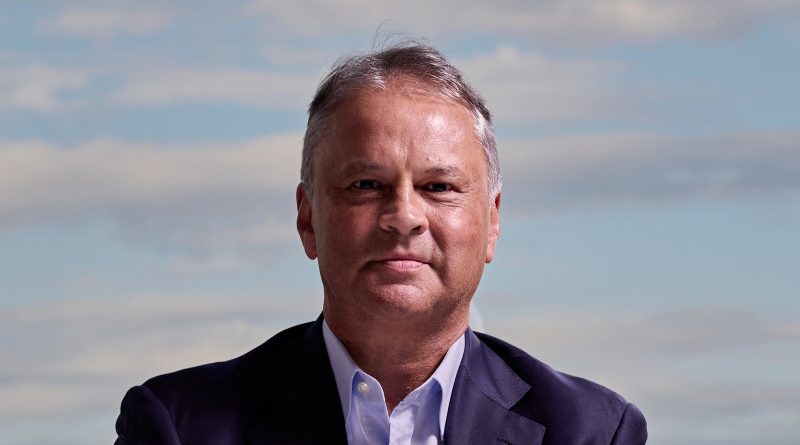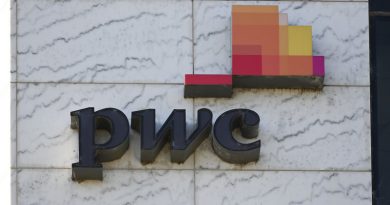Markets could be about to enter a golden period, says UniSuper chief
Though impossible to know for sure, it’s a reasonable bet that we are now in the most pessimistic part of the investment cycle. Share prices, despite the end-of-year ‘Santa rally’, are down from where they started this year, along with bond and property prices.
But for John Pearce, the chief investment officer at $115 billion superannuation fund UniSuper, these grim times are rapidly receding in 2022’s rear-vision mirror, with the experienced asset manager seeing better times ahead.
UniSuper chief investment officer John Pearce says the crypto crash was “entirely predictable”. Credit:Michael Quelch
He believes excesses in markets are being eliminated, whether it is the “bubble” in the Australian house prices or losing much of the froth from share prices.
“What we are going through now is a cleansing period and key to that cleansing period is ridding ourselves of the notion that zero or negative [real interest] rates are a good idea,” Pearce says, referring to the central banks driving rates low at the onset of the pandemic.
Pearce said high inflation is the financial cost of the government cash splash to households and businesses during the worst of COVID-19, a move that created more demand for goods at a time fraught with supply chain bottlenecks.
On top of this, Pearce believes the world was always headed for an outbreak of inflation. It was sped up by Russia’s invasion of Ukraine, which drove up energy costs and put further upward pressure on prices.
But with central banks’ efforts to curb inflation by lifting interest rates the main focus of investors, Pearce says high inflation is not going to last forever, and warns that central banks have not finished with increasing interest rates. Economic growth, globally, will likely slow from here.
If, however, by the third quarter of next year we find that inflation is falling and central banks, if not cutting rates, at least have rates on pause, we could see a “really nice, long, sustainable rally” in markets, he says.
Like many asset managers, Pearce is also scathing of crypto – which skyrocketed in both price and popularity through the pandemic but has since come crashing down. He describes it as perhaps the greatest bubble of all, saying it includes “charlatans and [operators of] Ponzi schemes”.
“I’ve been very vocal about crypto – it was going to replace money, it was going to be a diversifier and then, the most laughable of all the claims, was that it is a store of value,” he says.
Pearce’s views are no idle speculations. He and those of his investment management team are consequential for the not-for-profit fund’s 620,000 members, many of whom work in higher education and research.
UniSuper has $115 billion invested, with most of that in its Accumulation (1) Balanced option – its default option.
The option has an enviable track record with an annual average compound return over the past 10 years of more than 8 per cent, before account-based fees are deducted. That is including the return for this calendar year that is, at best, expected to be flat, or slightly negative, in line with peer funds.
Pearce says there is “no reason” why returns over the next 10 years cannot be even better than the returns of the past decade.
The main reason for his optimism is that interest rates should get back to something closer to a normal level, where assets will be priced more realistically – laying a solid foundation for rallies on markets that will be sustained.
The balanced option has a “strategic” or long-term asset allocation of about 60 per cent of the money invested in shares, about 30 per cent in fixed interest and cash and about 10 per cent in infrastructure and property.
Its largest holdings among Australian listed companies include Transurban, BHP and CSL. Its infrastructure investments include Sydney, Adelaide and Brisbane Airport. Among shares listed in the United States, its largest holdings include Microsoft, Apple, JPMorgan Chase and Alphabet, the owner of Google.
- Advice given in this article is general in nature and is not intended to influence readers’ decisions about investing or financial products. They should always seek their own professional advice that takes into account their own personal circumstances before making any financial decisions.
The Money with Jess newsletter helps you budget, earn, invest and enjoy your money. Sign up to get it every Sunday.
Most Viewed in Money
From our partners
Source: Read Full Article




